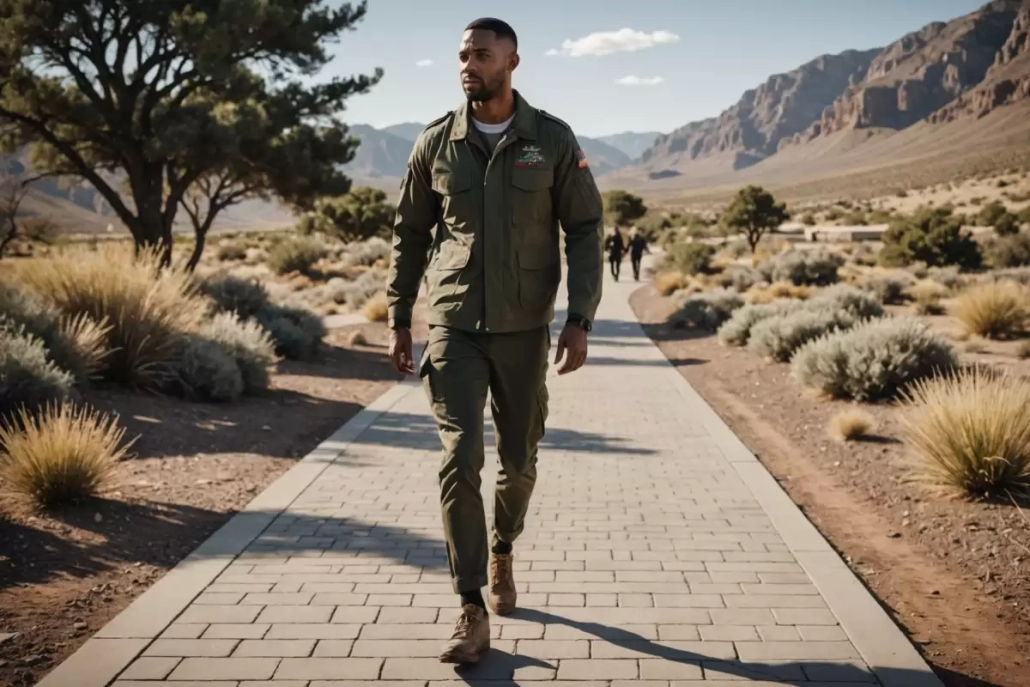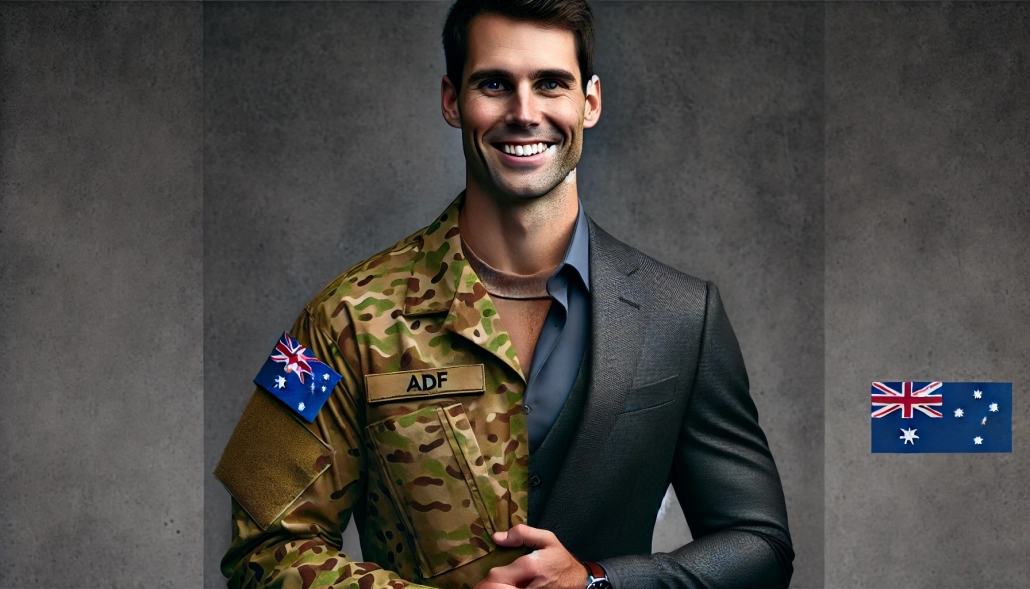Transitioning from the structured life of the military to the seemingly chaotic world of civilian employment is like swapping a well-tailored uniform for an outfit that doesn’t quite fit. It’s a leap into the unknown, filled with excitement and trepidation. For many Australian Defence Force (ADF) veterans, this transition can feel like stepping onto a bustling runway without a map. But fear not, because with the right guidance and resources, veterans can strut confidently into their next chapter.
Embracing the Civilian Identity
The first step in this transition is embracing a new identity. For years, your identity has been tied to your rank, your regiment, and your mission. Now, it’s time to rediscover who you are outside of the uniform. This isn’t just about finding a job—it’s about finding a new purpose. It’s about asking yourself, “What do I want to do?” instead of “What am I supposed to do?” This shift in mindset is crucial. It’s like trading combat boots for a pair of sleek, new sneakers—both functional, but with a different flair.
The Art of Storytelling: Your Career Narrative
In the civilian world, your ability to tell your story is as important as the story itself. Crafting a compelling career narrative is an art form. It’s about translating your military experiences into a language that resonates with civilian employers. Think of it as a fashion makeover for your resume. Instead of listing duties, highlight achievements. Instead of military jargon, use universally understood terms. This is your chance to showcase your leadership, resilience, and adaptability—qualities that are in high demand in any industry.
Networking: The New Battlefield
Networking in the civilian world might feel like a foreign concept, but it’s your new battlefield. It’s not just about who you know, but who knows you. Building a network of connections can open doors to opportunities you never imagined. Attend industry events, join veteran support groups, and connect with professionals on platforms like LinkedIn. Remember, every conversation is a potential opportunity. It’s like assembling a new squad—one that’s got your back in this new terrain.
Lifelong Learning: A New Mission
In the military, learning is continuous and mission-focused. In civilian life, the mission is personal growth. Embrace lifelong learning as your new mission. Whether it’s pursuing a degree, obtaining a certification, or simply learning a new skill, education is your passport to new opportunities. It’s like upgrading your toolkit—ensuring you’re equipped for any challenge that comes your way. Plus, the satisfaction of mastering something new is a reward in itself.
Mental Health: The Foundation of Success
Transitioning to civilian life can be as mentally taxing as it is exciting. Prioritizing your mental health is not just a suggestion—it’s a necessity. The stresses of finding a new career, coupled with the loss of military camaraderie, can take a toll. Don’t hesitate to seek support from mental health professionals or veteran support groups. Remember, a strong foundation is crucial for any structure, and your mental health is the foundation of your success.
Drawing Inspiration from Fellow Veterans
Hearing stories of fellow veterans who have successfully transitioned can be incredibly motivating. Take inspiration from those who have walked the path before you. Their stories are not just tales of success—they’re blueprints for your own journey. For instance, John, a former ADF engineer, found his calling in project management, leveraging his leadership skills and technical expertise. His story is a testament to the power of determination and the right support.
For those looking to dive deeper into the intricacies of transitioning from military to civilian life, Ironside Resources offers a wealth of knowledge and support. Their blog post, Veteran Career Support Services Australia: Navigating the Path of Your ADF Transition, provides valuable insights and practical advice for veterans embarking on this journey. It’s a must-read for anyone seeking to transform their military skills into a fulfilling civilian career.
As you embark on this new adventure, remember that you’re not alone. There are countless resources and communities ready to support you. And if you’re curious about how other countries support their veterans, check out Veterans Affairs Canada for a comparative perspective. Embrace this new chapter with confidence, and step boldly into your future.




